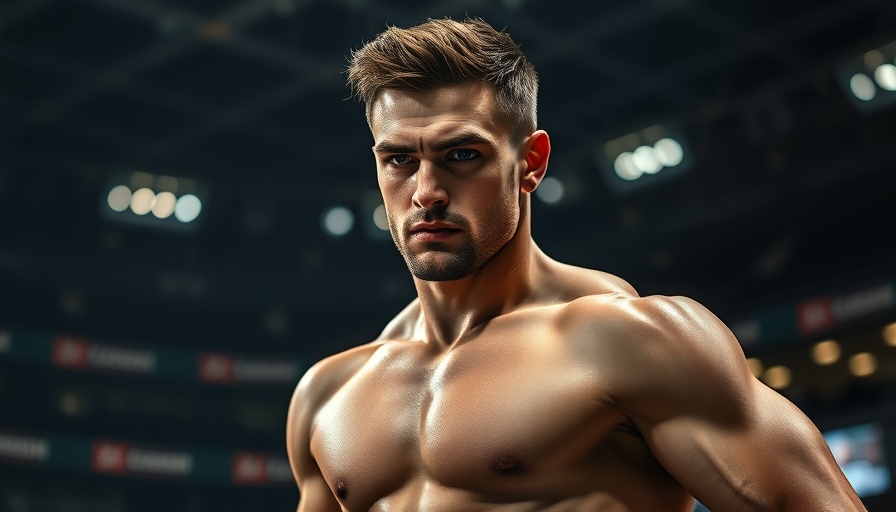
Micah Parsons Stands Tall Amidst Social Media Criticism
In a world where celebrity athletes are often scrutinized for their public personas and social media footprints, Micah Parsons, linebacker for the Dallas Cowboys, finds himself at the center of controversy. Recently, during a discussion on the show 'Speak,' host Joy Taylor raised an interesting point: the media's focus on Parsons' social media presence appears to overshadow the actual performance and outcomes of the Cowboys on the field. This begs the question: should athletes be judged more on their Twitter and Instagram actions or their game-time performance?
The Impact of Social Media on Athlete Perception
Parsons, who is known for his vibrant social media presence, defended his online activities, suggesting that his posts are an authentic extension of his personality, not a distraction from his responsibilities. Indeed, many modern athletes embrace platforms like Twitter and Instagram as crucial tools for engagement with fans, branding, and self-expression. Research supports this notion; a survey by Nielsen indicates that fans are increasingly interested in genuine interactions with their favorite players, seeing social media as a bridge connecting them to the athletes they admire. For Parsons, these platforms serve as a channel to showcase his individuality beyond the football field.
Why Team Performance Can Influence Media Attention
A major aspect of the critique surrounding Parsons is often tied to the performance of the Cowboys. Joy Taylor's commentary highlights that if the team were performing at a high level, discussions about Parsons’ social media activity might not be as pronounced. This notion speaks to a larger issue: the media often turns to the personal lives of players, particularly when their teams are struggling. The relationship between team performance, media scrutiny, and personal branding poses unique challenges for athletes navigating both public expectations and their own professional commitments.
Social Media: A Double-Edged Sword
Engagement and exposure on social media platforms can indeed lead to incredible opportunities for athletes, from endorsement deals to direct communication with fans. However, this visibility also invites criticism, particularly during challenging seasons. Athletes like Parsons risk becoming purely entertainment figures rather than solely being recognized for their athletic achievements. This phenomenon exemplifies a cultural shift in how sports figures are perceived in today’s media landscape. The constant feedback from fans and commentators can shift an athlete's focus, sometimes detracting from their core responsibilities.
Future Trends in Athlete Social Media Engagement
Looking forward, it’s essential to consider how the relationship between athletes, social media, and public perception will evolve. As engagement metrics become more critical in assessing performance, athletes may increasingly find themselves walking a tightrope. Greater transparency and authenticity in their online presence could become paramount as fans demand deeper connections with their sports idols. Social media can build communities but can also exacerbate pressures on players to perform both athletically and personally.
Take Action: Why Understanding This Context Matters
Understanding the evolving dynamics between social media and athlete performance offers valuable insights into the nature of modern sports branding. For fans, recognizing that an athlete’s social media presence is part of a larger narrative can foster a more appreciative dialogue about their roles on the field and beyond. Businesses can learn from this as well; the way athletes brand themselves through social platforms paves the way for unique marketing strategies. Don't miss the opportunity to amplify your own brand voice in a crowded digital marketplace. Book Your Brand Voice Interview Now!
 Add Row
Add Row  Add
Add 




Write A Comment